 Are you killing your fruits and vegetables every day? The most common methods of cooking leave very little nutrition in fruits and vegetables. Find out what they are, and how to avoid them to get the most out of your everyday foods.
Are you killing your fruits and vegetables every day? The most common methods of cooking leave very little nutrition in fruits and vegetables. Find out what they are, and how to avoid them to get the most out of your everyday foods.
Re freezing foods
Convenient ready to cook frozen foods are widely available. Although frozen foods can be safe, the germs in them are not killed by the low temperature, only retarded, that is, they are inactive until they get the right temperature to start multiplying again. Check the packet for ice crystal formation, which would mean that the food has been in the freezer for a long time, and has been refrozen at least once, frozen food should not be allowed to thaw before cooking, nor should it be refrozen after it thaws. Take out only the portion that you are going to cook or heat up right away to minimize bacterial contamination. Most expert nutritionists would not recommend frozen foods as a means of getting nourishment anyways!
Overcooking
Indian methods of cooking do tend towards overcooking some of the vegetables. The worst affected are the super greens. When it comes to milk, boiling for prolonged times kills whatever little Vitamin D is available. Boiling milk excessively also results in 30% loss in Vitamin B 12. Milk is an important source of B12, an important vitamin that helps form red blood cells and essential for brain and nervous system especially for strict vegetarians.
Vitamin C is another extremely sensitive nutrient that gets easily destroyed due to heat. Vitamin C rich veggies, including green leaves, capsicum, tomatoes and broccoli lose more than half of the nutrient when boiled in water, or fried on high heat for a long time. About 80% of folate, another important vitamin essential for formation of iron and nerve health, is lost when carrots are boiled or fried in oil.
Blanch greens or veggies to retain colour, texture and nutrition or steam lightly without water while cooking green leaves.
Long periods of storage
Vegetables and fruits are best eaten when fresh. But living in cities, far away from the fields where they are originally grown puts us at a disadvantage as far as freshness of fruits and veggies are concerned. The veggies and fruits spend a lot of time in cold storage before reaching the vendors, who expose them to air for a period of time. Before these are popped into your grocery bag, they have already lost most of the nutrition. For instance, storage of spinach after harvesting kills 80% of Vitamin C and oranges lose 75% of Vitamin C when exposed to air for a long time. Try and grow your own kitchen garden for fresh green leaves including mint, coriander, curry leaves, spinach and other greens. Pluck just before cooking and blanch lightly to get maximum Vitamin C.
Skinning and chopping
When you remove the skin, you are removing the healthiest part of the veggies or fruits. Most of the nutrients are found just below the skin and in the skin itself. Cutting up into small pieces too increases the surface area, and results in more nutrient losses. Cook the whole veggie in its skin as much as possible, for instance, potatoes, carrots, sweet potatoes, beetroot can be cooked in their skin, and then chopped up just before finishing the vegetable. Taking away most of the outer layer along with the skin of onions results in most of the fibre being lost.
Too much salt and sugar
Indians have a high threshold for salt and sugar, which means that we overdo these in our foods. But salt and sugar both tend to destroy nutrients because they interfere with absorption and availability of nutrients, especially proteins. Deep frying lean protein foods such as fish or chicken, eggs or paneer, with salt or sugar will destroy most of the good proteins. Add less salt, and microwave instead of frying in the pan to retain as much of proteins as possible.
In short, keep it natural, minimal and fresh to get the maximum nutrition from foods.
For more information on how to optimize nutrition, do visit Gympik.com.
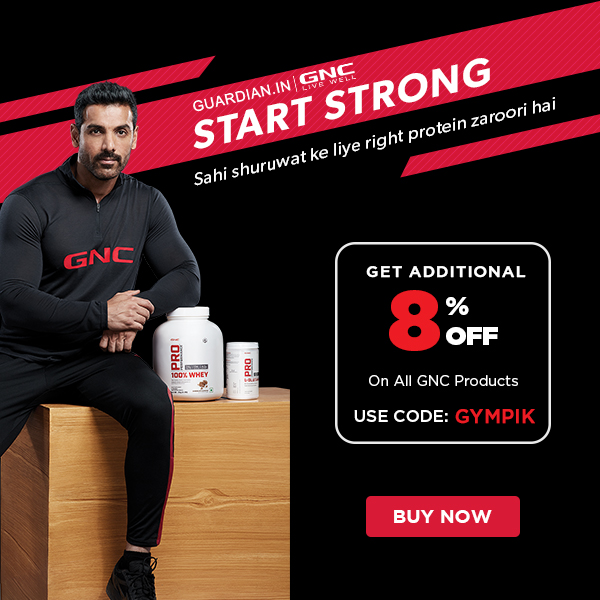

 Traqade
Traqade




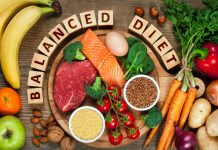

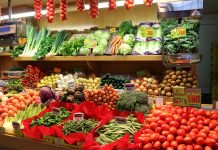



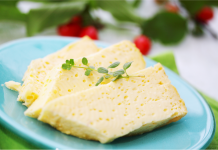







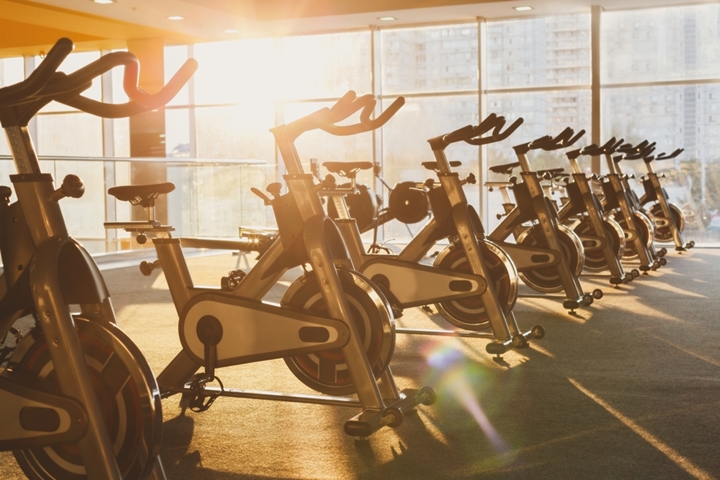

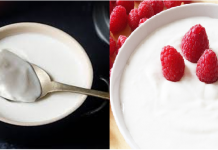










this article is approachable to Slope readers of diverse backgrounds and levels of expertise.
Wow, never thought about cooking this way! Gonna try steaming my veggies more often and definitely growing some herbs. Thanks for the tips! Internet Roadtrip